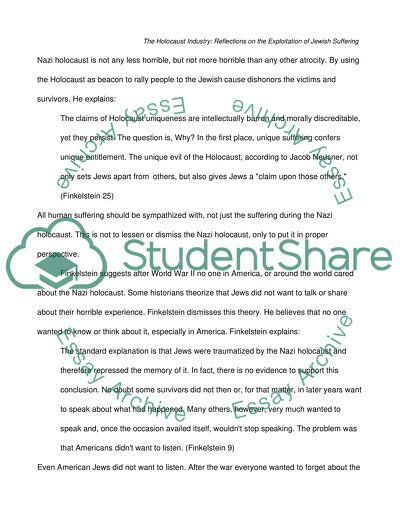Cite this document
(“Germany Project Essay Example | Topics and Well Written Essays - 1250 words”, n.d.)
Retrieved from https://studentshare.org/environmental-studies/1420670-germany-project
Retrieved from https://studentshare.org/environmental-studies/1420670-germany-project
(Germany Project Essay Example | Topics and Well Written Essays - 1250 Words)
https://studentshare.org/environmental-studies/1420670-germany-project.
https://studentshare.org/environmental-studies/1420670-germany-project.
“Germany Project Essay Example | Topics and Well Written Essays - 1250 Words”, n.d. https://studentshare.org/environmental-studies/1420670-germany-project.


